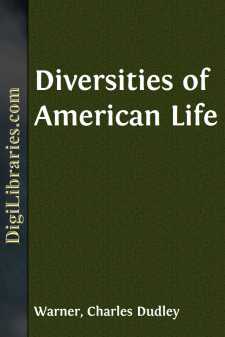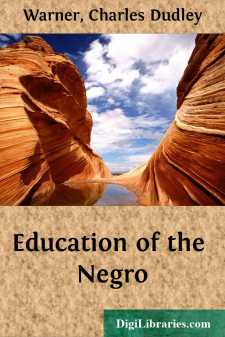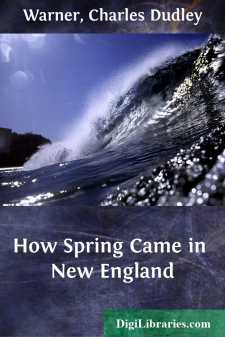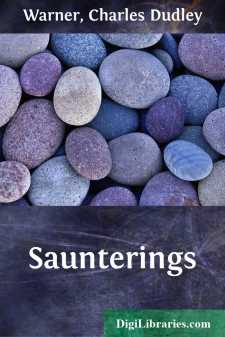Categories
- Antiques & Collectibles 13
- Architecture 36
- Art 48
- Bibles 22
- Biography & Autobiography 816
- Body, Mind & Spirit 145
- Business & Economics 28
- Children's Books 17
- Children's Fiction 14
- Computers 4
- Cooking 94
- Crafts & Hobbies 4
- Drama 346
- Education 58
- Family & Relationships 59
- Fiction 11834
- Foreign Language Study 3
- Games 19
- Gardening 17
- Health & Fitness 34
- History 1378
- House & Home 1
- Humor 147
- Juvenile Fiction 1873
- Juvenile Nonfiction 202
- Language Arts & Disciplines 89
- Law 16
- Literary Collections 686
- Literary Criticism 179
- Mathematics 13
- Medical 41
- Music 40
- Nature 179
- Non-Classifiable 1768
- Performing Arts 7
- Periodicals 1453
- Philosophy 66
- Photography 2
- Poetry 897
- Political Science 203
- Psychology 45
- Reference 154
- Religion 516
- Science 126
- Self-Help 85
- Social Science 82
- Sports & Recreation 34
- Study Aids 3
- Technology & Engineering 59
- Transportation 23
- Travel 463
- True Crime 29
Our website is made possible by displaying online advertisements to our visitors.
Please consider supporting us by disabling your ad blocker.
What Is Your Culture to Me?
Categories:
Description:
Excerpt
Delivered before the Alumni of Hamilton College, Clinton, N. Y.,
Wednesday, June 26, 1872
Twenty-one years ago in this house I heard a voice calling me to ascend the platform, and there to stand and deliver. The voice was the voice of President North; the language was an excellent imitation of that used by Cicero and Julius Caesar. I remember the flattering invitation—it is the classic tag that clings to the graduate long after he has forgotten the gender of the nouns that end in 'um—orator proximus', the grateful voice said, 'ascendat, videlicet,' and so forth. To be proclaimed an orator, and an ascending orator, in such a sonorous tongue, in the face of a world waiting for orators, stirred one's blood like the herald's trumpet when the lists are thrown open. Alas! for most of us, who crowded so eagerly into the arena, it was the last appearance as orators on any stage.
The facility of the world for swallowing up orators, and company after company of educated young men, has been remarked. But it is almost incredible to me now that the class of 1851, with its classic sympathies and its many revolutionary ideas, disappeared in the flood of the world so soon and so silently, causing scarcely a ripple in the smoothly flowing stream. I suppose the phenomenon has been repeated for twenty years. Do the young gentlemen at Hamilton, I wonder, still carry on their ordinary conversation in the Latin tongue, and their familiar vacation correspondence in the language of Aristophanes? I hope so. I hope they are more proficient in such exercises than the young gentlemen of twenty years ago were, for I have still great faith in a culture that is so far from any sordid aspirations as to approach the ideal; although the young graduate is not long in learning that there is an indifference in the public mind with regard to the first aorist that amounts nearly to apathy, and that millions of his fellow-creatures will probably live and die without the consolations of the second aorist. It is a melancholy fact that, after a thousand years of missionary effort, the vast majority of civilized men do not know that gerunds are found only in the singular number.
I confess that this failure of the annual graduating class to make its expected impression on the world has its pathetic side. Youth is credulous—as it always ought to be—and full of hope—else the world were dead already—and the graduate steps out into life with an ingenuous self-confidence in his resources. It is to him an event, this turning-point in the career of what he feels to be an important and immortal being. His entrance is public and with some dignity of display. For a day the world stops to see it; the newspapers spread abroad a report of it, and the modest scholar feels that the eyes of mankind are fixed on him in expectation and desire. Though modest, he is not insensible to the responsibility of his position. He has only packed away in his mind the wisdom of the ages, and he does not intend to be stingy about communicating it to the world which is awaiting his graduation. Fresh from the communion with great thoughts in great literatures, he is in haste to give mankind the benefit of them, and lead it on into new enthusiasm and new conquests....












